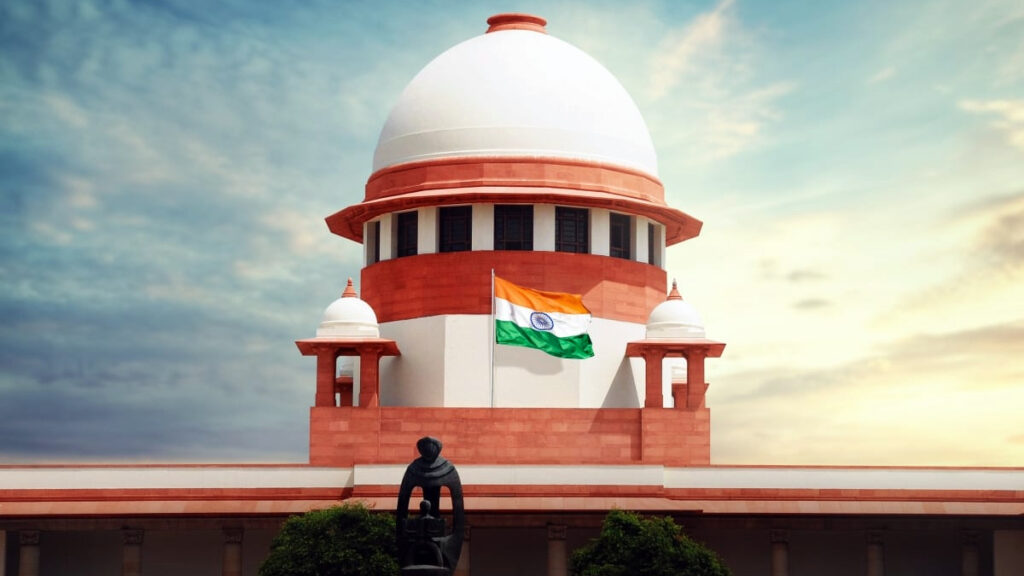
Supreme Court’s Examination of Google PIN in Bail Orders: A Privacy Concern
Last Updated on February 26, 2024 by News Desk
Introduction:
The Supreme Court of India has recently issued notice to Google India Private Limited concerning the utilization of Google PIN in the context of bail conditions requiring accused individuals to share their live mobile location with investigating officers. The Court’s inquiry stems from concerns regarding the potential infringement of the right to privacy due to such conditions.
Issue:
The Court is examining two primary issues: firstly, whether bail conditions for foreign accused individuals can include obtaining assurance from their respective embassies regarding their stay in India, and secondly, whether imposing a condition mandating the sharing of Google PIN location with investigating officers is permissible.
Rule:
The Supreme Court bench, comprising Justices Abhay S Oka and Ujjal Bhuyan, has directed Google India Private Limited to submit an affidavit elucidating the functionality of Google PIN within the context of bail orders. This directive comes subsequent to the Ministry of Electronics and Information Technology’s suggestion that seeking information from Google India is pertinent regarding the working mechanism of Google PIN.
Analysis:
The Court has expressed initial reservations regarding both conditions. There are apprehensions regarding the imposition of bail conditions that may encroach upon an individual’s right to privacy. Moreover, the Court appears to be evaluating the legality and ethicality of such conditions, particularly in light of potential privacy violations.
Conclusion:
In a case titled Frank Vitus v. Narcotics Control Bureau, the Supreme Court is deliberating over the implications of bail conditions that necessitate sharing Google PIN locations with investigating authorities. This examination underscores the judiciary’s commitment to safeguarding individual privacy rights while ensuring the efficacy of legal procedures. The Court’s scrutiny of such conditions reflects the evolving landscape of privacy concerns in an increasingly digital age, where technological advancements intersect with legal frameworks.
Written by — Athi Venkatesh AVD


